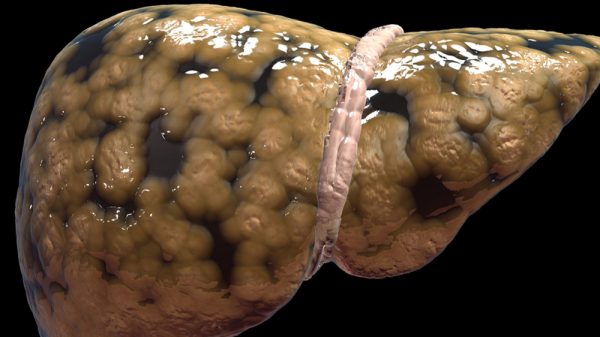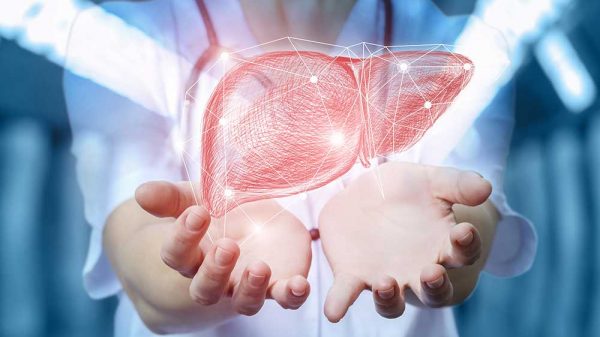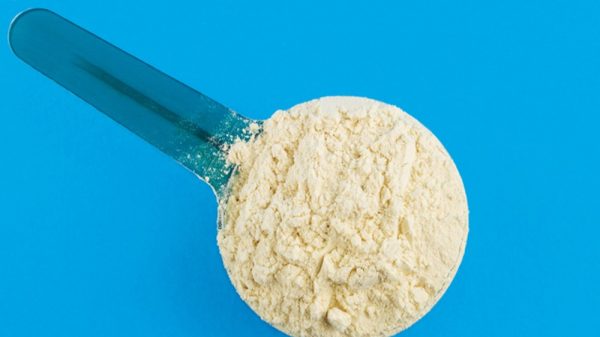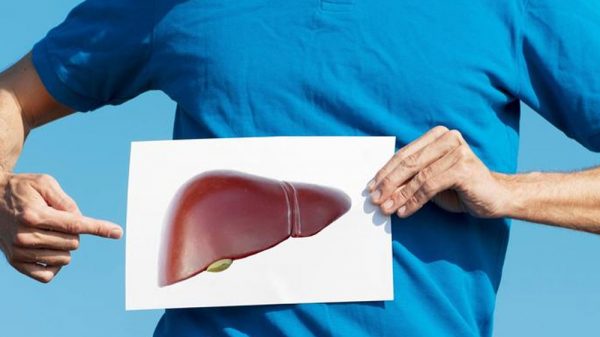Do you have a fluid buildup in your stomach? If so then you might have something called “ascites.” This condition is often linked to what’s informally known as “beer belly” and can result from various conditions like tuberculosis, liver disease, and heart failure. As with other conditions, it’s important to know the various facts like symptoms, causes, and treatments. This can help you deal with ascites cancer as effectively as possible and help prevent the situation from getting worse. This is critical to help deal with it as effectively as possible. Like other stages, it can become worse over time if not treated effectively.
You might be wondering if ascites can result in cancer. This is a critical issue due to the seriousness of the disease. A key issue related to this condition and disease is whether ascites causes cancer or vice-versa. This can help you to figure out whether you can get cancer if you have ascites, or if cancer leads to ascites. These are two different situations. You’ll want to know if you have ascites whether it’s a sign of other diseases and especially serious ones like cancer. If you observe ascites symptoms it’s important to get it checked out quickly.
What Exactly Is Ascites?
This medical condition is a fluid buildup in the abdomen. It’s caused by various conditions like heart failure, liver cirrhosis, and tuberculosis. If you have either of these conditions then it’s important to monitor them for ascites. There’s no definite chance you’ll experience this condition but it’s more likely.
It’s important to know that various other conditions can cause ascites. However, this is a different situation from the condition causing those conditions/diseases. If you think you have this condition it’s important to get it checked out.
Your doctor conduct evaluations and runs tests to determine whether or not you actually have this condition. There are various kinds of tests. They include tests to check factors like electrolytes, liver/kidney function, and one-day tests, and ultrasound. These are all critical tests to help determine if you have ascites or a different condition.
As always it’s important to have tests run. This will help to determine whether you’re suffering from ascites. Your doctor can help to sort things out by checking to see whether or not you have this condition. In some cases, it might seem like ascites but is a different health condition.
There are various causes of ascites but the most common ones are liver disease or liver cirrhosis. Health experts aren’t entirely sure how this condition develops. However, one theory is it’s linked between unbalanced pressure inside the high-pressure system and abdominal cavity. When blood increases and a protein known as albumin decreases it might result in ascites.
In some situations, the condition results from internal/external blocking of portal vessels. This causes high blood pressure but not cirrhosis. This can result from tumors pressing on the vessels.
This is all quite technical so your doctor needs to conduct exams and order tests. This can help to determine if you have ascites.
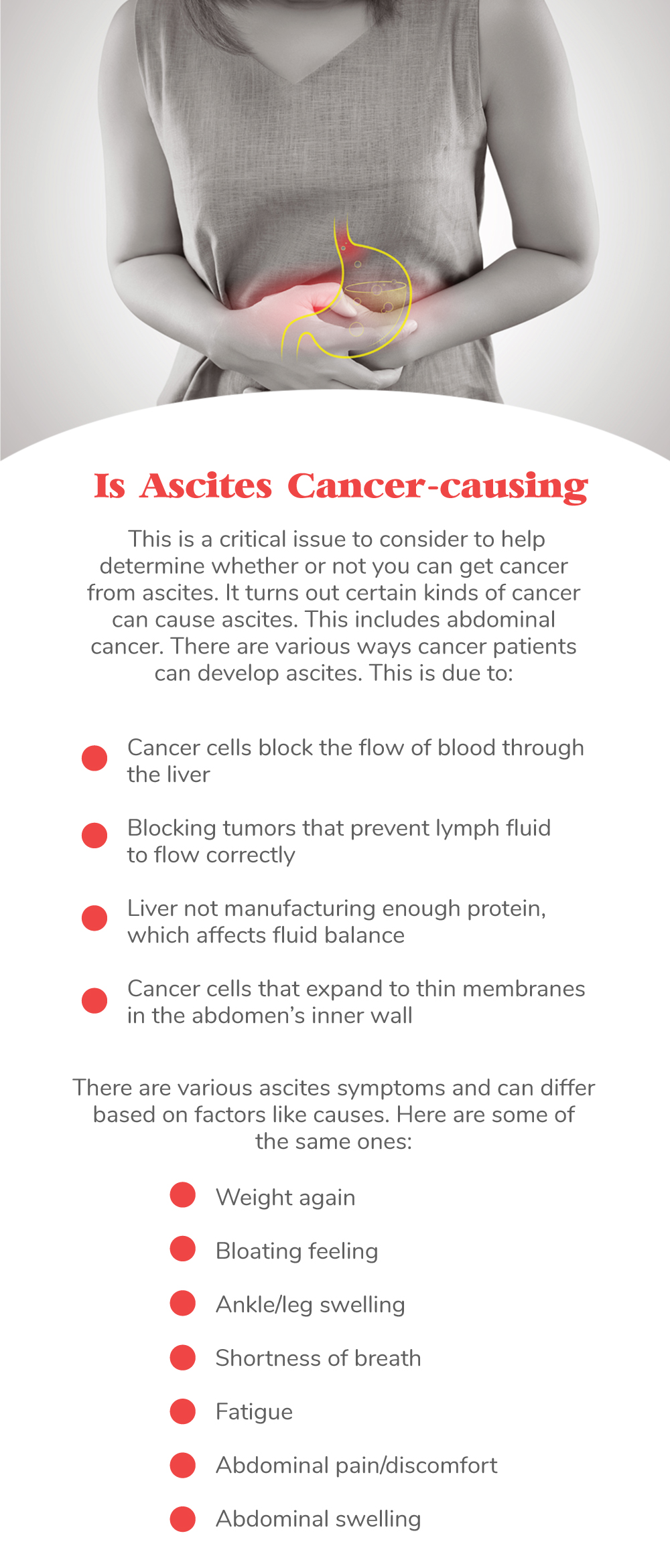
Is Ascites Cancer-causing?
This is a critical issue to consider to help determine whether or not you can get cancer from ascites. It turns out certain kinds of cancer can cause ascites. This includes abdominal cancer. There are various ways cancer patients can develop ascites. This is due to:
- Cancer cells block the flow of blood through the liver
- Blocking tumors that prevent lymph fluid to flow correctly
- Liver not manufacturing enough protein, which affects fluid balance
- Cancer cells that expand to thin membranes in the abdomen’s inner wall
In most cases ascites form in certain kinds of cancer like colon, pancreas, stomach, and liver. In fact, liver cancer is the most common cause of this condition. When cancer spreads to the liver region this can cause ascites.
There are various ascites symptoms and can differ based on factors like causes. Here are some of the same ones:
- Weight again
- Bloating feeling
- Ankle/leg swelling
- Shortness of breath
- Fatigue
- Abdominal pain/discomfort
- Abdominal swelling
In case the situation gets worse it’s important to contact your doctor immediately. He/She can help to do an evaluation and order tests. That can help to determine whether or not you likely have ascites.
If you have this condition it’s important to manage it properly. That can help to reduce symptoms and prevent the situation from getting worse. This is especially true due to serious diseases like liver disease and heart failure being linked to the condition.
There are various ways to treat the condition. Your doctor can help to sort things out to make sure you’re getting the best treatment.
One treatment is using a needle to improve extra fluid. This can be helpful because it’s fluid in the condition that results in the condition. One of the keys to treating the condition is limiting fluid buildup.
Top Tips to Control Ascites
Reduce how many NSAIDs you take
These drugs can help you deal with various health conditions. This is certainly an option worth condition. NSAIDs like Advil can certainly provide help if you have certain health conditions.
However, the most important issue is to minimize how many times per day you’re these nutrients.n The problem is that NSAIDs can cause various unwanted side-effects you’ll have to explain.
Limit/Stop alcohol consumption
These are both steps you should consider taking. It’s more advisable to quit alcohol if you already have liver issues. This can help to provide a healthy liver. This is important to make sure your liver isn’t experiencing liver disease. That’s definitely a situation you’ll want to avoid since it can make your daily life tougher.
Eat healthy/exercise regularly
These are both steps that can help to manage your ascites better. Make sure you’re consuming a healthy diet of lean meats, veggies, fruits/veggies, dairy, etc. These are easy to find in the natural world and can provide many health benefits.
You should also try to exercise regularly. This can help to provide many benefits. In particular, it can boost your immune system. Make sure you’re exercising most days of the week. This should include cardio and “-resistance to get the best results.
Reduce salt intake
Make sure you’re only consuming about 1,500mg of salt per day. This can help to manage your symptoms better. This is a critical step if you want to treat your ascites more effectively. This is an important step to take.
Monitor your weight
Make sure to take this step daily. If you gain 10+ pounds or 2+ pounds/day for days in a row you should contact your doctor. This is very fast weight gain and might be a sign your ascites is getting worse after you experience ascites cancer.
